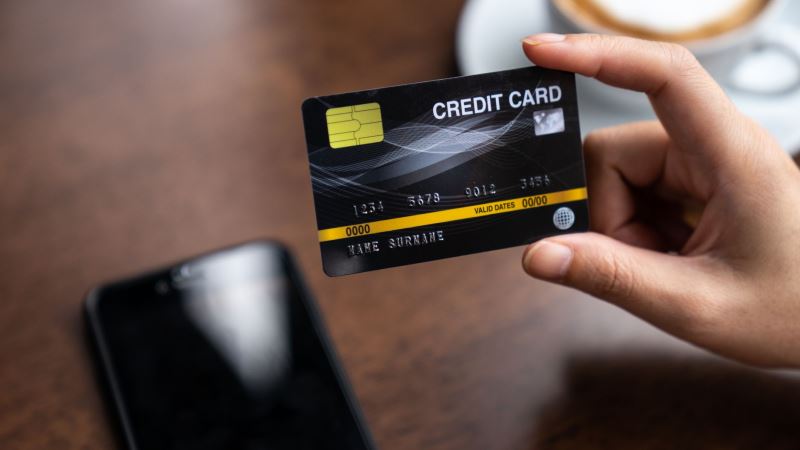
For people new to the world of credit cards it’s important to understand that, while the can open up a world of possibilities, they can become a ball and chain that can weigh you down for life. Many people use credit cards everyday and take them for granted without truly understanding how they work, and that’s when they can get into financial trouble. Taking the time to learn just how credit cards work can prevent costly problems in the future.
Basically, credit cards are conduits to borrowed money. When you are issued a credit card, you essentially are issued a line of credit that allows you to borrow up to that limit. In return, the credit card issuer, typically a bank, will charge you interest until you repay the borrowed amount. Most credit cards give you a “grace period” of 20 to 30 days before interest is charged. If you pay the full balance due before the end of the grace period you will pay no interest.
If you don’t pay the full balance, it will be carried over to the next month in a “revolving account” which will begin to accrue interest on the borrowed amount. Not only will you be paying interest on the borrowed amount, but also on the accrued interest. So, if you allow your balances to revolve each month, you will be paying an increasing amount of interest charges.
The credit card issuer sets a minimum payment amount that must be paid on the balance each month. Failure to pay the minimum balance on time will result in late payment fees, plus, the issuer is likely to increase your interest rate as a penalty. The biggest mistake credit card users make is to allow their balances to grow where they can only afford to make the minimum payment. By just making the minimum payment, your debt balance will continue to grow and it will take years to pay it off.
Credit is extended to you based on your credit worthiness. If your credit is very good or excellent, you are typically offered higher lines of credit with lower interest rates. If you have poor, fair or no credit, your credit lines will be smaller and you’ll probably pay much higher interest rates on credit balances.
It is important to understand how your credit score impacts your ability to obtain credit. Credit cards can be very useful in building your credit score if they used properly and you don’t allow your credit use to get out of control. By making your payments on time each month, you can increase your score significantly.
But Danau Linow, if you allow your use of credit to increase your balances to high in relation to your credit limit, it can drag your score down. The most effective way to use your credit card to build your credit score is by using it to make regularly budgeted purchases and then paying the balance in full each month.
You are allowed to receive one free credit report each year from each of the credit bureaus. It is important to review your reports as often as possible to see how your credit activities are being reported, check for errors that can hurt your score, and to track your progress in building your credit score.